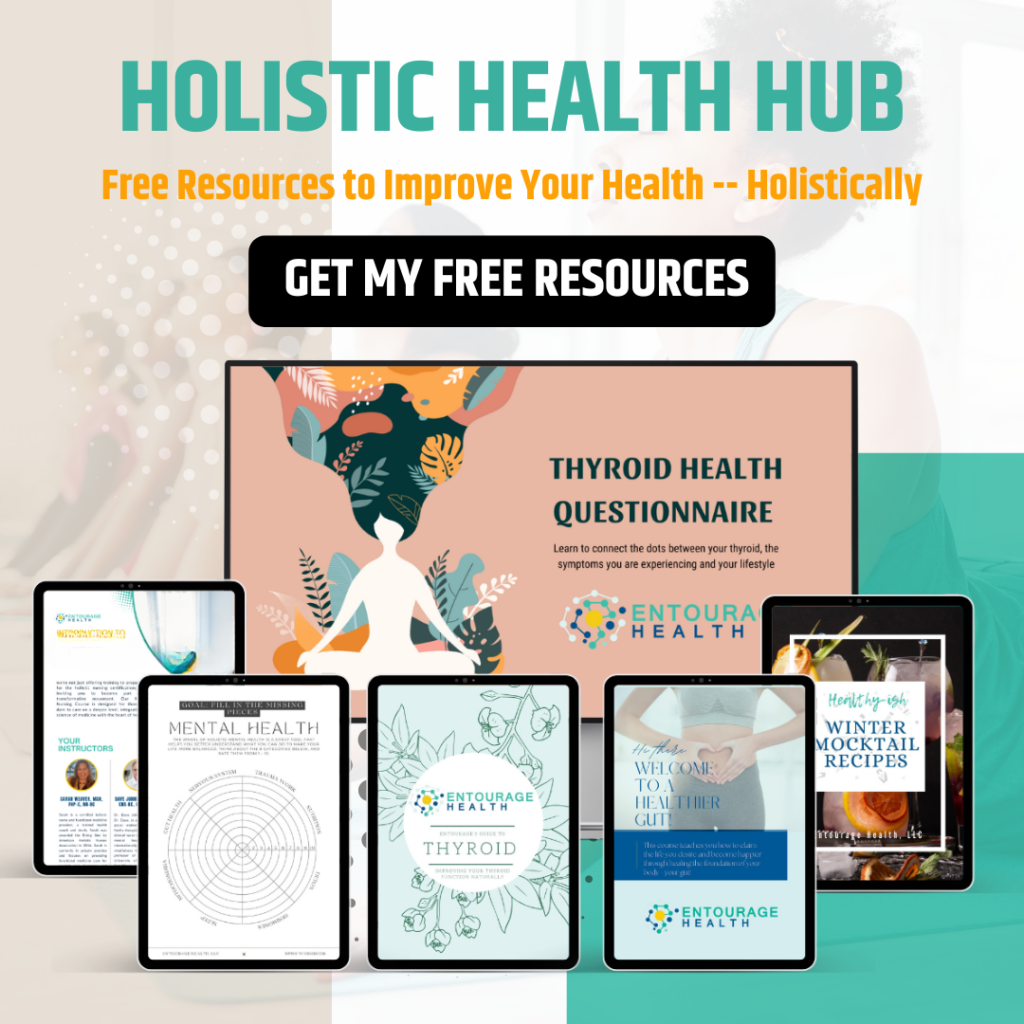A Physical Therapist / Divorce Coach’s Perspective on Emotional Stress and Body Pain
As both a divorce coach and former physical therapist, I’ve witnessed the profound connection between emotional trauma and physical pain from multiple angles. But it wasn’t until I experienced my own divorce that this connection became startlingly personal.
During my divorce, I herniated a disc in my lumbar spine. The timing seemed cruel, yet somehow fitting – my life was falling apart, and now my body was following suit. What struck me most was how this mirrored a pattern I’d seen years before in my physical therapy practice. I distinctly remember treating a patient for severe low back pain during her divorce proceedings, watching her struggle with the same combination of physical and emotional anguish I would later experience myself.
It made me wonder: Is there such a thing as a “divorce disc?” While there may not be research specifically supporting this term, the connection between stress and physical pain is well-documented. Divorce ranks among the top five most stressful life experiences on the Holmes-Rahe Stress Inventory, alongside events like the death of a spouse and job loss. The physical toll of this stress cannot be understated.
Brené Brown, the renowned shame researcher and sociologist, emphasizes “radical self-care” as her number one recommendation for individuals going through divorce. As someone who has both treated and experienced divorce-related physical pain, I couldn’t agree more. Here’s what radical self-care looks like during divorce:
Putting Your Oxygen Mask On First
As parents, we’re conditioned to prioritize our children’s needs above our own. However, during divorce, maintaining your physical health isn’t selfish – it’s essential. Think of it like airplane safety: you must secure your own oxygen mask before helping others. If you’re physically compromised, you can’t be fully present for your children or make clear decisions during this critical time.
Essential Steps for Radical Self-Care During Divorce
1. Honor Your Sleep
Stress disrupts sleep patterns, yet sleep is crucial for both physical healing and emotional resilience. Create a consistent bedtime routine, even if it feels impossible. Your body needs this foundation to handle the challenges ahead.
2. Move Mindfully
While exercise is important, this isn’t the time to start an extreme fitness regime. Instead, focus on gentle, stress-reducing movement like walking, swimming, or yoga. These activities help process emotional energy while supporting your body’s natural healing mechanisms.
3. Listen to Your Body’s Signals
Pain, tension, and digestive issues are common physical manifestations of divorce stress. Don’t dismiss these symptoms as “just stress.” Your body is communicating with you, and these signals deserve attention and care.

The Value of Professional Support
During my physical therapy days, I saw how professional guidance could accelerate healing and prevent chronic issues. The same principle applies to divorce recovery. Just as a physical therapist can guide you through proper body mechanics and healing exercises, a divorce coach can help you navigate the emotional terrain and prevent long-term trauma.
Working with professionals during divorce isn’t a luxury – it’s an investment in your future well-being. Whether it’s a:
– Medical professional who understands the correlation between stress hormones and your functional wellness
– Physical therapist who understands the stress-pain connection
– Mental health professional who can help process trauma
– Divorce coach who can provide steady guidance through the process
Each of these supporters plays a crucial role in your healing journey.
Remember, divorce is not just a legal process – it’s a whole-body experience that demands attention to both your emotional and physical well-being. By taking radical care of your body during this transition, you’re not just surviving divorce; you’re laying the foundation for a healthier future.
Just as I learned from both sides of the treatment table, sometimes our greatest challenges become our most powerful teachers. If you’re going through divorce now, please don’t wait until your body forces you to pay attention. Start your radical self-care journey today. Your future self will thank you.
With Love,
Leah
PS. If you want to dive deeper into these self-care strategies, check out my page, blogs and podcasts.

Hi, I’m Leah.
Physical Therapist and Divorce Coach
Through divorce, the achiever in me experienced failure, the integrity I held collapsed from the weight of shame, and the helper in me discovered humility through my inability to “fix” my marriage and, conversely, find myself on the receiving end of help from others.
I was fortunate to discover a support network amidst the divorce debris. Friends and family offered tokens of compassion. Attorneys helped me through the legal process. Therapists helped me and my children through the grief and emotions that accompanied the changes in our household. And a coach helped me envision and design a new life framed by the balance I craved. When my future was out of focus, my coach helped steady my gaze on a horizon that promised light.
I consider this work an honor and privilege. By co-creating the divorce transition process, I hope to pay forward the empowerment that comes with regained footing. Most of all, I recognize that clarity can provide any woman the ability to envision H.E.R. revitalized future.





